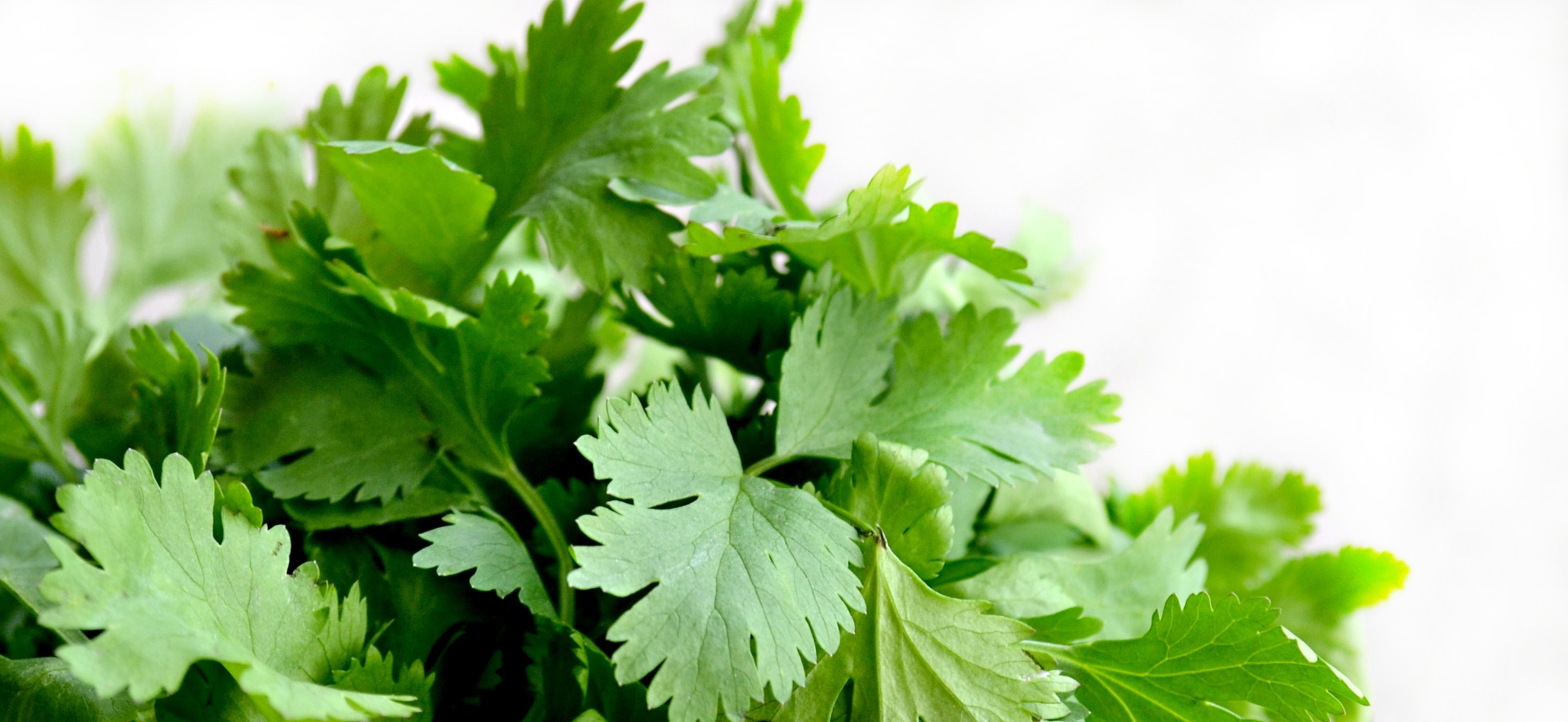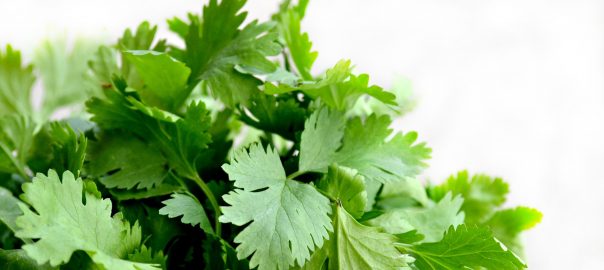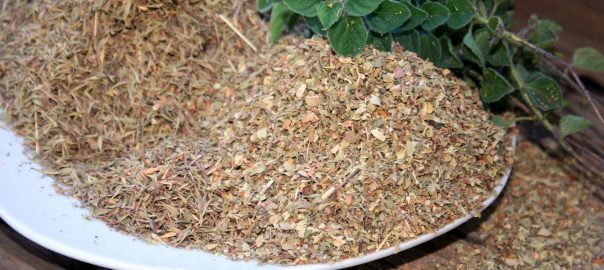
Many people may not realize that coriander and cilantro are actually the same thing. An herb that is part of the same botanical family as carrots and parsley. Sometimes it's even referred to as either Chinese or Mexican parsley.
Can you taste it?
Coriander and cilantro are actually both part of the same plant. Cilantro refers to the leaves while cilantro is the seeds. Cilantro is used a lot in Mexican and Tex-Mex cuisine but can also be found in Middle Eastern dishes. One of my favorite ways to use it is in Quinoa Tabbouleh. Coriander is also used in Mexican dishes but also tends to feature heavily in curries. Adding it to a stew or soup is a great way to spice it up and add a new level of flavor.
One of the most unusual things about cilantro is the taste. While many people love and enjoy it, there are those to whom it tastes soapy. It turns out this may be due to a particular genetic trait. They examined this on SciShow
Health benefits
In addition to being tasty, cilantro and coriander have some wonderful health benefits. High in vitamin K, A, and C, as well as folate and potassium. It's also a powerful detoxifier and anti-inflammatory herb. And it is being studied for it's ability to lower cholesterol and blood pressure while supporting cardiovascular health.
The infographic below lists some more health benefits for this amazing herb. Easy to grow at home, put it in an 8-10″ deep pot in a sunny, easterly or southerly window. Plan new seeds every two to three weeks to ensure a constant supply of cilantro. Let some go to seed in order to harvest coriander.
Infographic courtesy of http://www.medicinalplants-pharmacognosy.com/






